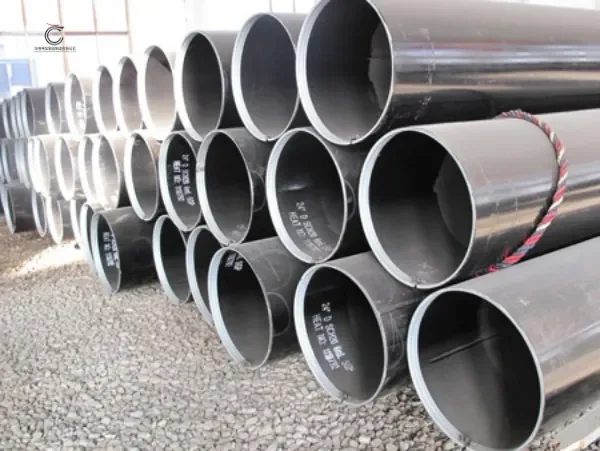Difference between ASTM and ASME standard
ASTM AND ASME STANDARD DIFFERENCE

ASTM material standards are developed by the American Society for Materials and Testing, ASTM material standards can include the chemical, mechanical, physical and electrical properties of the material. These standards include both a description of test methods to be performed on building materials, and the size and shape that these materials are to take. Building materials like concrete can be required by local law to meet ASTM standards before being used in construction. Among ASTM A53 (structural steel pipe)and ASTM A106 are widely used.
ASME is the standard of the American Society of Mechanical Engineers. ASME material specifications are based on those published by the ASTM, AWS and other recognized national and international standards. ASME standards are legally required when building infrastructure like bridges, power plant piping and boilers. Among ASME b16.5 are widely used.
ASTM is responsible for the development and re-enactment of standards for all types of old and new materials. Because it is the test and materials association.
ASME is to selectively absorb and filter these standards for the relevant works used, and to be modified to improve.
ASTM is the US material standard, similar to the domestic GB713
ASME is a design specification, but ASME is a complete system.






